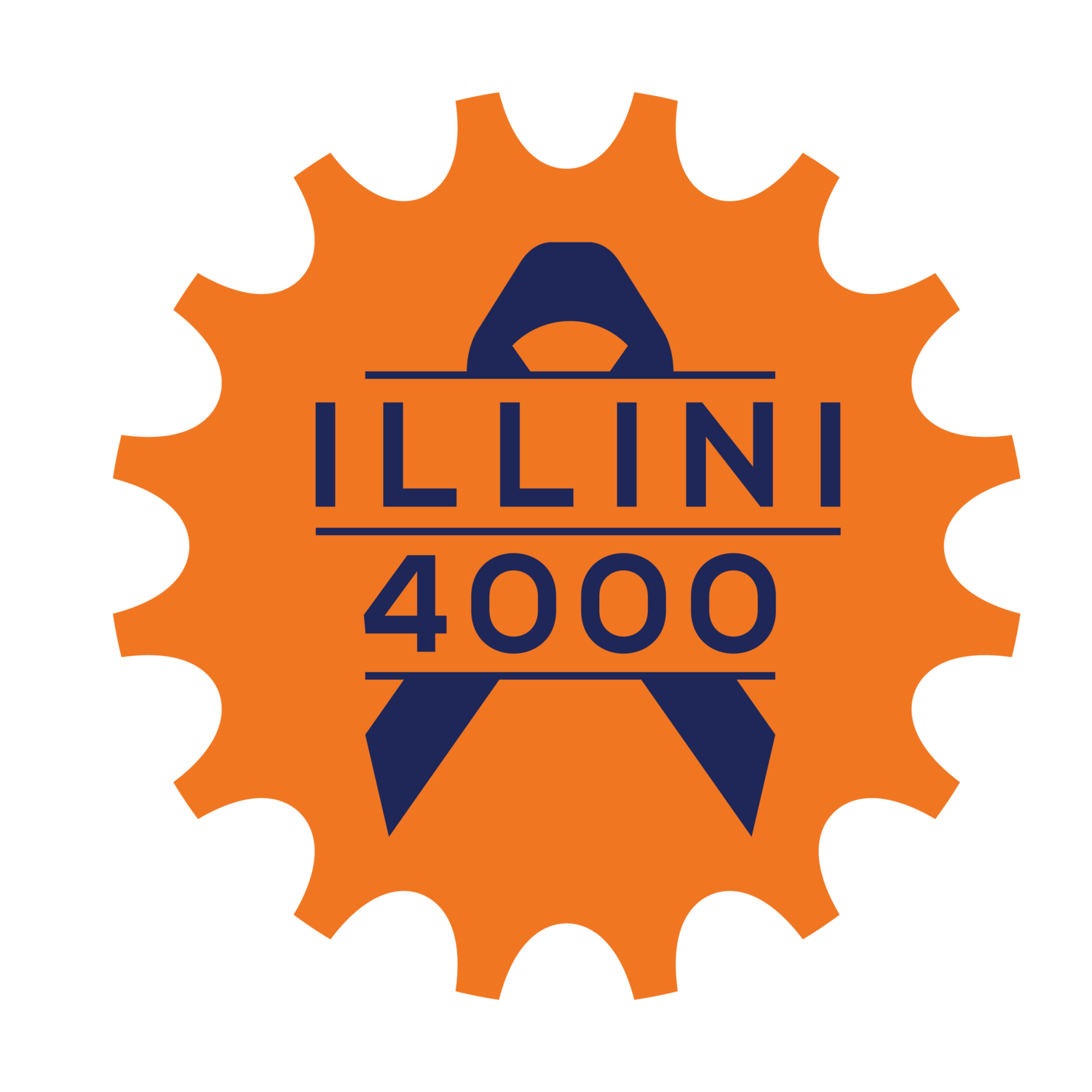Johnny Duan
Hometown: Peoria, IL
University: University of Illinois
Major: Electrical Engineering
BIOGRAPHY
I’ve lived in many places over the years: I was born in China, but since then I have lived in Singapore, Arkansas, and Peoria, Illinois. Right now I’m finishing an electrical engineering degree at UIUC, and in May it will be time to move on once again. However, before picking another place to stay for a few years, biking across the country to raise money and awareness for cancer research sounds like a pretty cool idea. In my free time, I like to bike, tinker with my bike, work out, read the news, and work with the clubs that I am in. After the ride, I plan to go to medical school, and eventually I would like to develop new medical devices, specifically in optics.
PERSONAL STATEMENT
Two thousand years ago, disease was a far more terrifying affair. Often there was very you could do that you knew would work. In addition, you likely didn't believe there was much you could do either - depending on your culture, you might have thought that you were sick because of fate, the wrath of God, penance for past offenses, or just bad luck. In any case, disease was far more terrifying because innocuous illnesses could be just the early manifestations for fatal conditions. Tuberculosis is one example that comes to mind - what would life be like today if every time you developed a cough, you were forced to seriously consider your mortality? Thanks to the efforts of generations physicians and scientists, this is no longer true. Countless experiments and studies querying the machinery running our minds and bodies, as well as what happens when that machinery is under attack or wears out, have illuminated the inner workings of our biology and banished fear, doubt, and sickness to the fringes of everyday life. Instead of praying that maybe, just maybe, this time the leeches will suck out the bad blood for good, a standard course of antibiotics can be trusted to cure your infection. Thanks to vaccines, childhood paralysis is no longer a specter looming over every toddler, and if those toddlers go on to destroy an internal organ through reckless behavior, it's not the end of the world - we know what those organs are, and finding a replacement is often a possibility. However, there is still work to be done. Eradicating a disease is no longer wishful thinking, but eradicating cancerous cells is still a game of chance. While we no longer die of smallpox (and soon my never again die of polio), but we still die of cancer. Take my friend Charles for example - Charles was as athletic, as brilliant, and as witty as any other top-notch guy you would find at the University of Illinois. However, he is not here with me, blazing through life and collecting the full technicolor gamut of stories, skills, experiences, and wisdom. He could be whipping me in badminton for the hundredth time today. But, that only ever happened once: not long after that day, the cancer that had long been interfering with his body finally starting dragging it down. It's a travesty that for him, the best that medicine had to offer could give him no more certainty, nor results, than the leeches of previous millennia. Much work remains to be done before cancer is fully understood. Modern biotechnology has expanded our knowledge of human biology by orders of magnitude, but we have yet to discover how to poison cancer without poisoning the entire body. Although we have leads, we have yet to find out how cancer might be stopped, destroyed, or prevented. To chase down those leads, we will need armies of biologists, biochemists, and physicians testing new ideas and refining promising ones. This is a big investment for our society, but the dividends we stand to gain are vast. Even a single person's life is worth millions of dollars in lifetime productivity, and an uncountable amount in the relationships that person forms. No matter what it costs for us to understand and defeat cancer, the payoff will be immense: lives will never again be cut short. Parents, children, lovers will never again be gone before their time. Careers will never again end before bearing fruit. The countless doctors and scientists devoted to this problem will be free to address our next big problem. Our society will reap the benefits of having defeated cancer forever, and there is no time to waste in finding our way to that destination.

